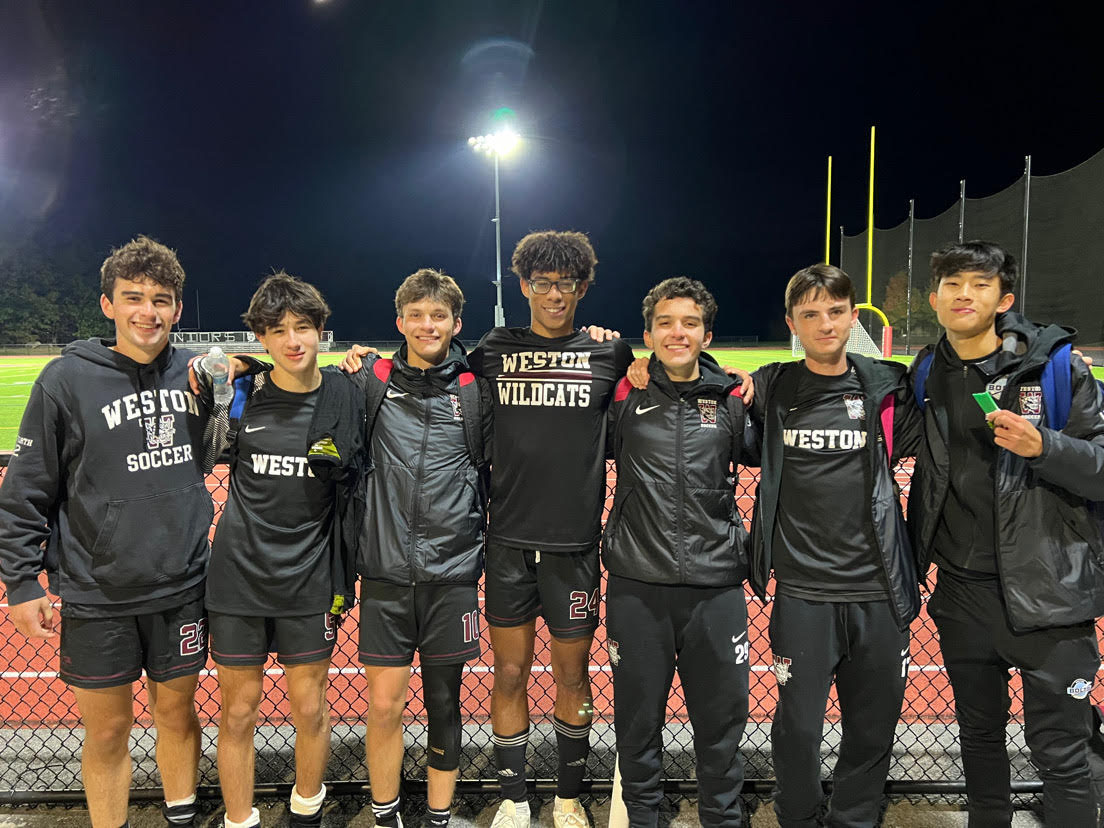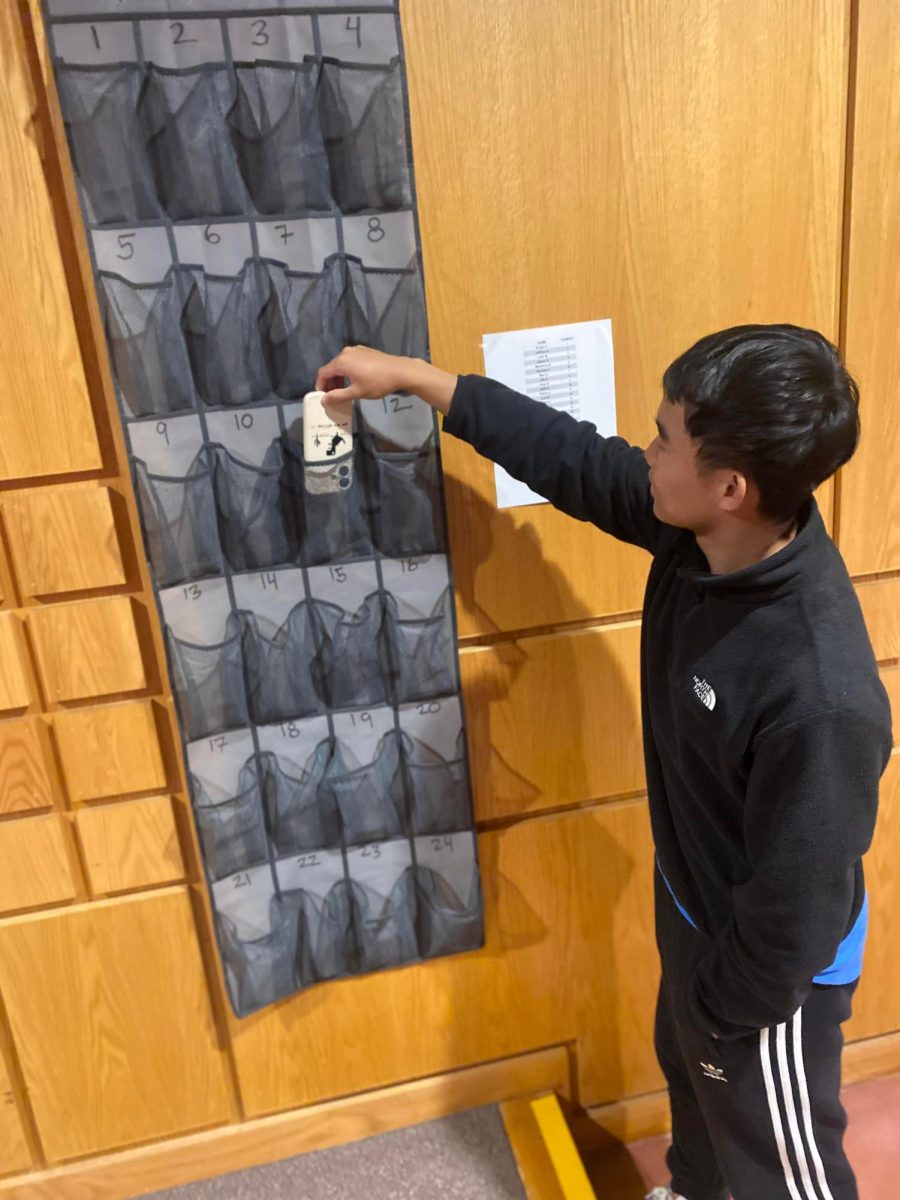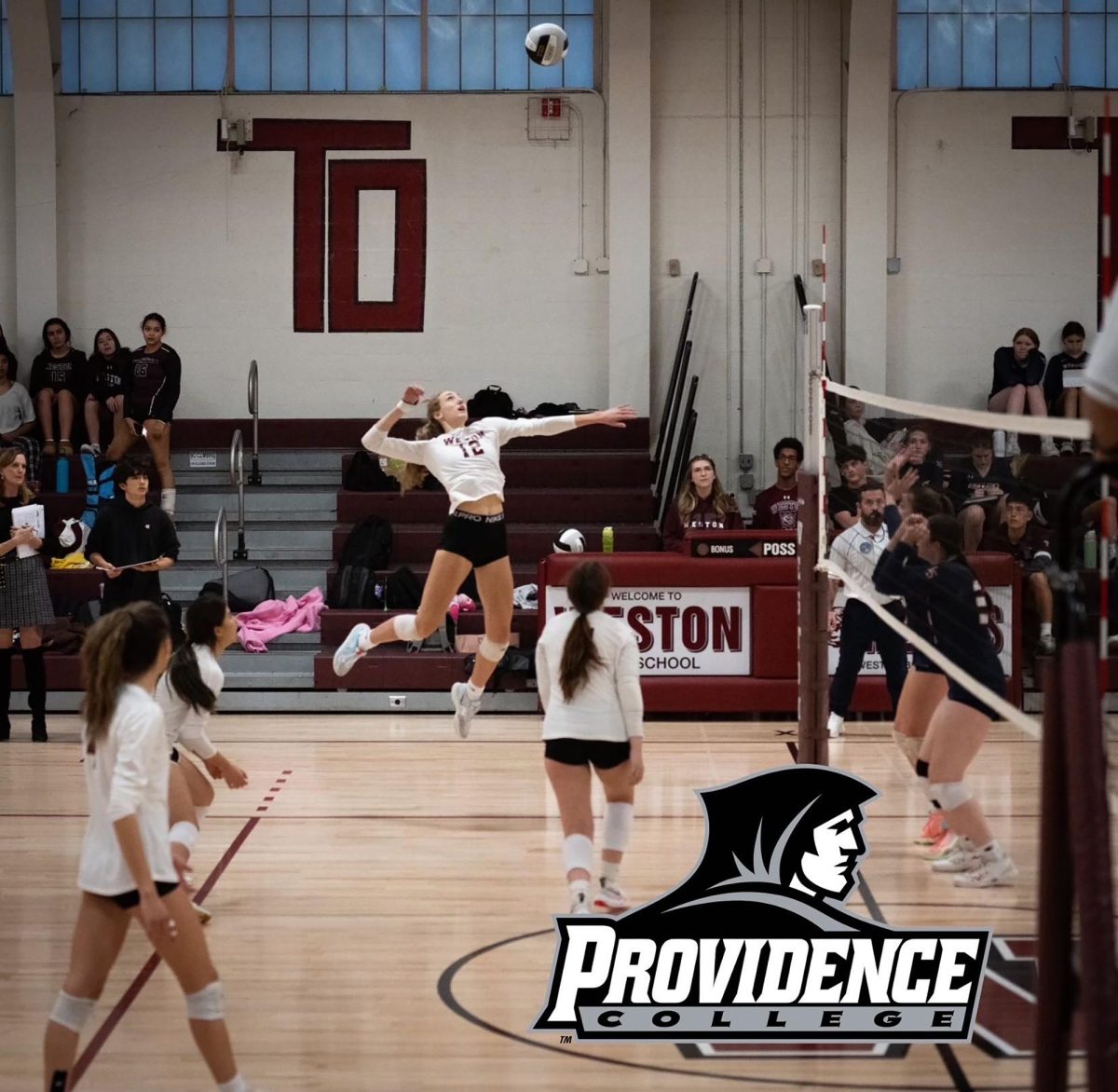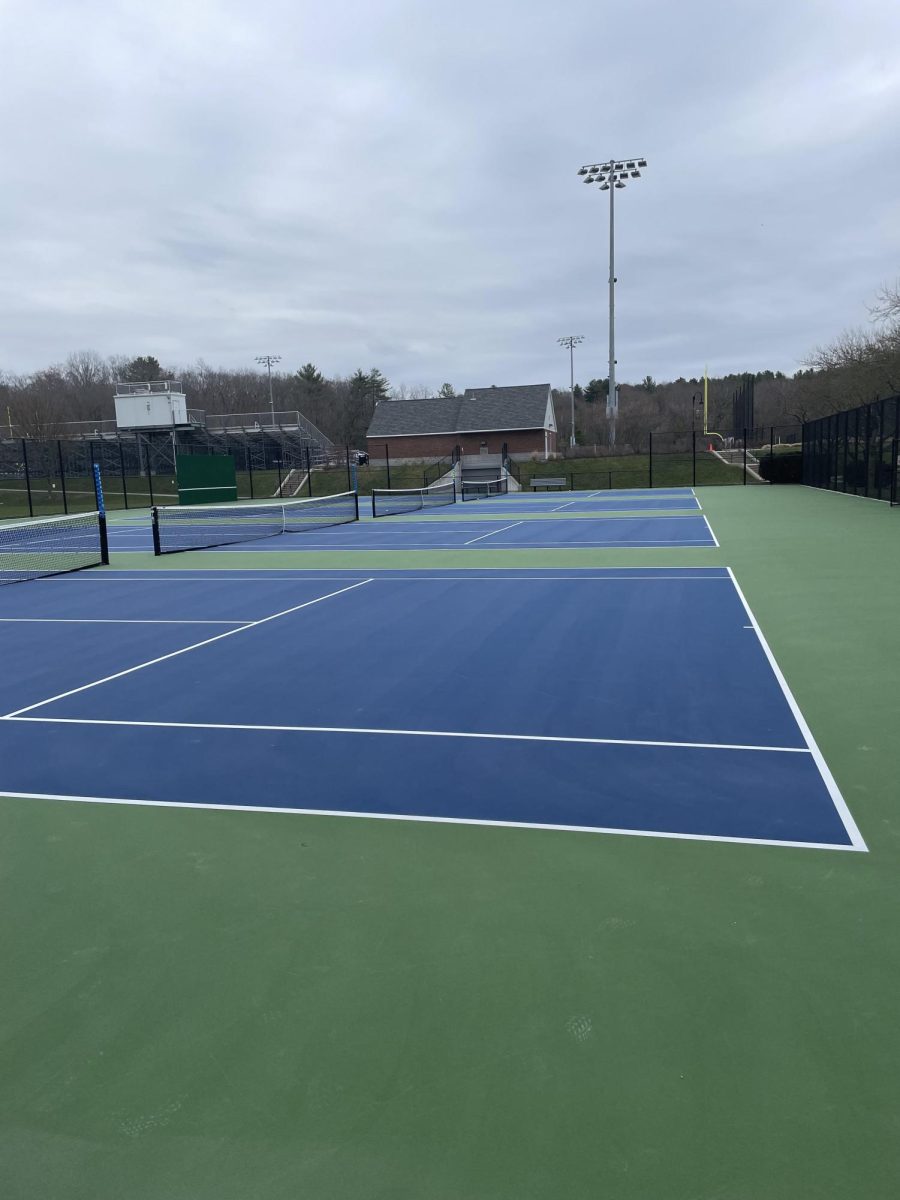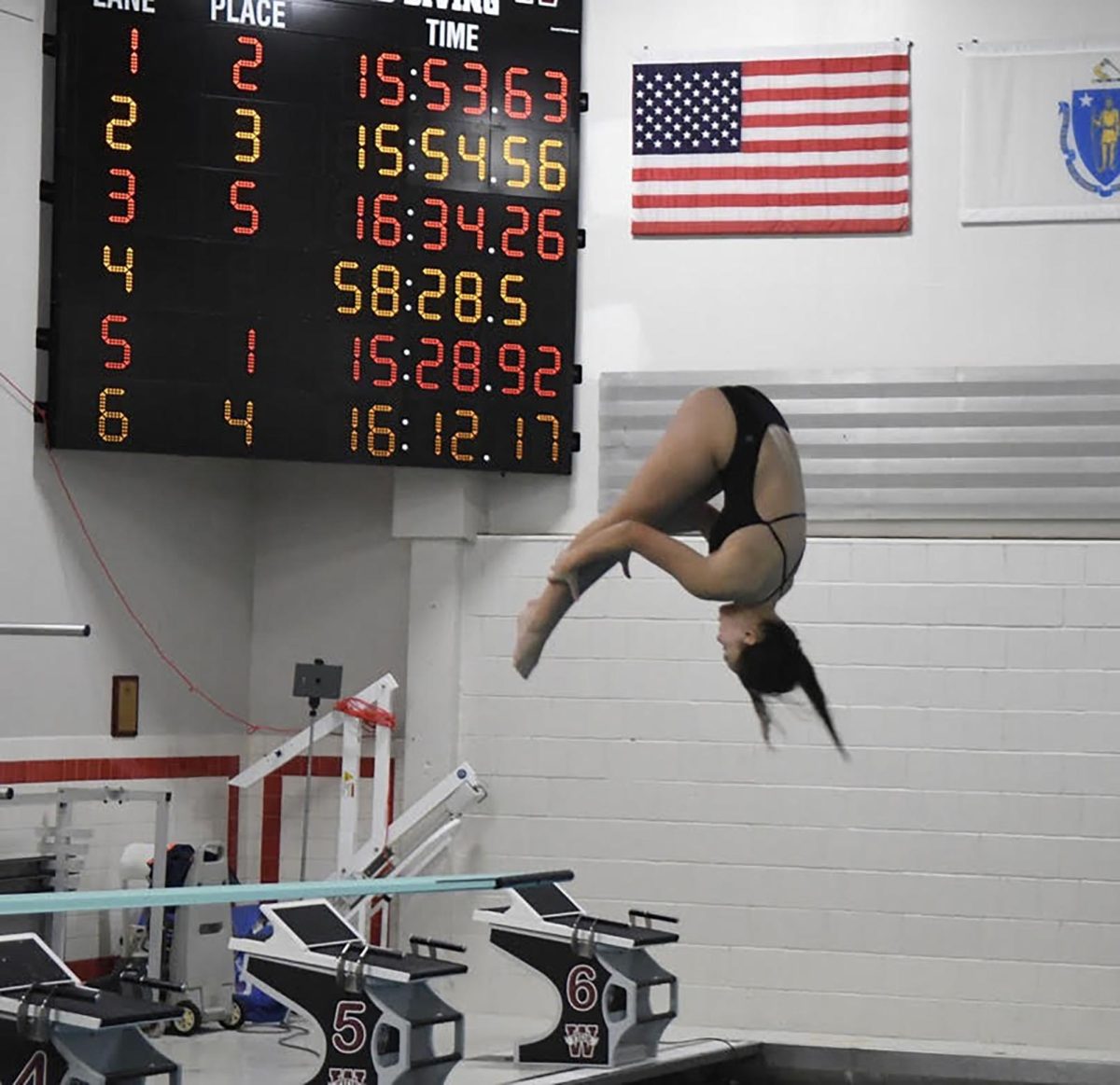A typical day for student-athletes at WHS begins early and ends late, packed with academic classes, extracurriculars, and the constant pressure to keep up. From sports practices to loads of homework and studying, athletes balance a full plate that highlights both the challenges and successes of high school life.
While all WHS students have to be up and at school for the 8:45 am start, student athletes often have to rise even earlier, pack snacks for practices and games, and make sure all their gear and uniforms are in order.
“Generally I wake around 7:30 and eat breakfast quickly,” said senior and multi-season athlete Nate Whitworth. “Then I make sure I have my backpack and my sports bag in my car before leaving. I generally like to pack up my stuff the night before so I’m not scrambling.”
Once athletes arrive at school, they often have to think about how to use any free time during the school day differently than their friends who can take a break when they have an unexpected cancelled class or a study hall. With little time to spare, many student-athletes have found inventive ways to finish their schoolwork.
“I love using study halls and free time at school when I need to do a lot of homework or have a big test coming up,” said sophomore baseball player Dylan Conley. “It is a great way to avoid procrastination.”
When time is limited during the school day, some also find it difficult to fuel up sufficiently to perform at the highest level.
“It’s sometimes hard to get all the right nutrition, especially as an underclassman who can’t drive to get food,” said soccer player and sophomore Millie Mcvie. “I try to eat a good lunch, and I always have a snack to fuel me before the game.”
This challenge is common among many student-athletes who rely on school lunches or quick snacks in between classes for intense practices and games. For some athletes, the secret to maintaining energy during game days lies in the snacks provided by their team during travel.
“Before away games, we always have some really good bus snacks, like Go Go Squeez, or oranges,” said soccer player senior Noah Silva.
After school, many athletes go right to practice or games, both of which can be extremely tiring for the average athlete. Conditioning and weight lifting cause fatigue and discomfort but are essential to be their best.
“For me, I think swimming is the most demanding and challenging out of the three sports I play,” said Whitworth. “It causes me to eat the most calories to compensate for all the calories you lose while swimming.”
After a hard-fought game or an intense practice, the athlete’s focus usually shifts from maintaining energy for the sport to recovery and refueling the body.
“We’re usually starving after a game,” said multi-season athlete sophomore Kate Lamb. “It’s always a relief to get home and have a big dinner to make up for all the energy we burned.”
On days when teams are dismissed early to go to a game, the aftermath of the long hours travel and competition creates another complication that has to be addressed once the student-athlete arrives home.
“It’s always fun when you get to miss part of a class to go to your game,” said Whitworth. “But then you realize you need to make up for all the work you missed.”
Even after the adrenaline of a home game ends and athletes can shift their focus to their homework on the earlier side, the day is far from over. The challenge of balancing sports and academics can make late nights and stress-filled afternoons a common experience for many athletes.
“After a game, the last thing you want to do is homework,” said multi-season athlete, sophomore Izzy Wheler. “But I’ve learned that I need to stay on top of my assignments, especially with everything going on; sometimes, I’m doing homework right after dinner or even on the bus ride home.”
For hard-working student-athletes, this balancing of sports’ obligations with homework can make it hard to take care of other important aspects of their lives.
“During basketball season, I have very little time for social life and sleep,” said freshman basketball player Matthew Masseli. “Having practice or games go long, really cuts into your time for everything else you have to juggle going on.”
Though the days are long and often stressful, the experience helps students grow both on and off the field, including the development of time management and interpersonal skills.
“I definitely recommend playing a sport,” said senior Olivia Scully-Power. “It can be hard to balance everything, but it’s so worth it in the end.”

